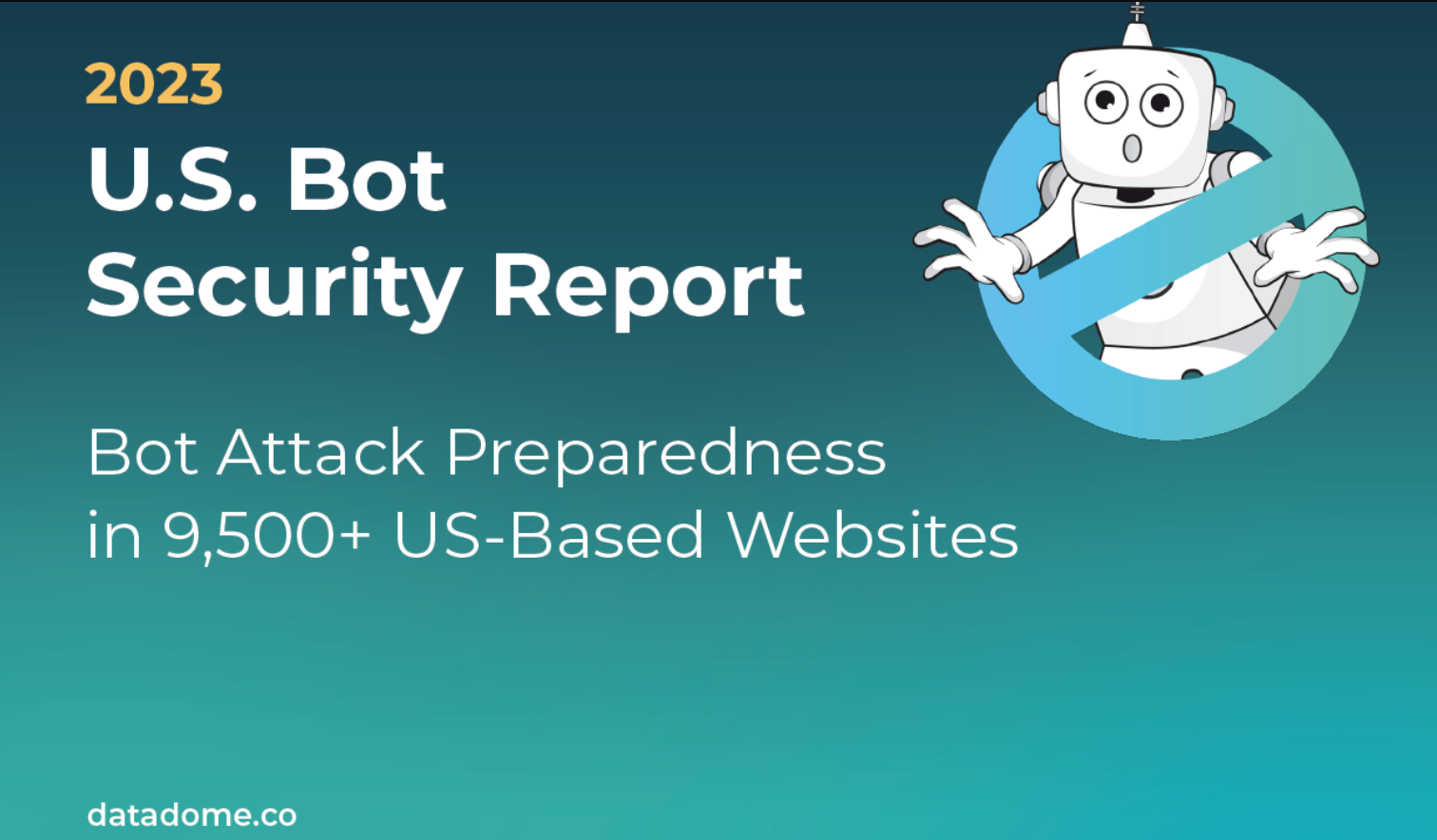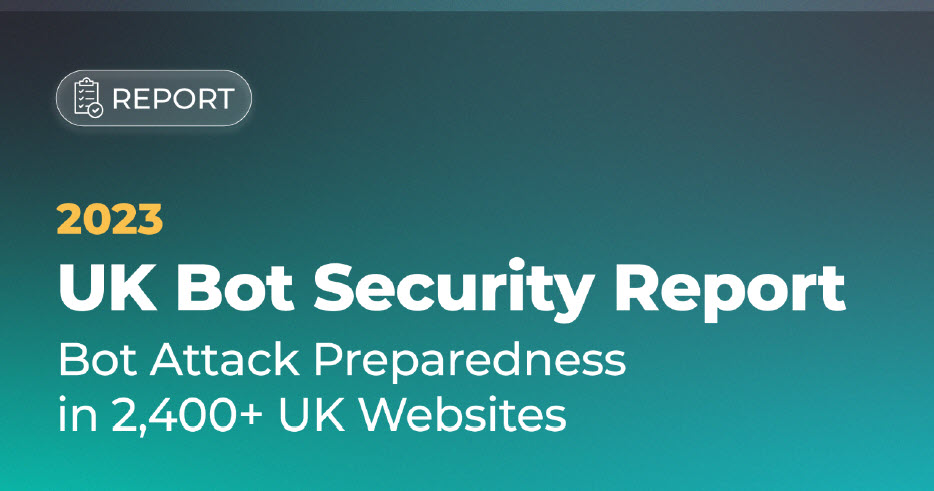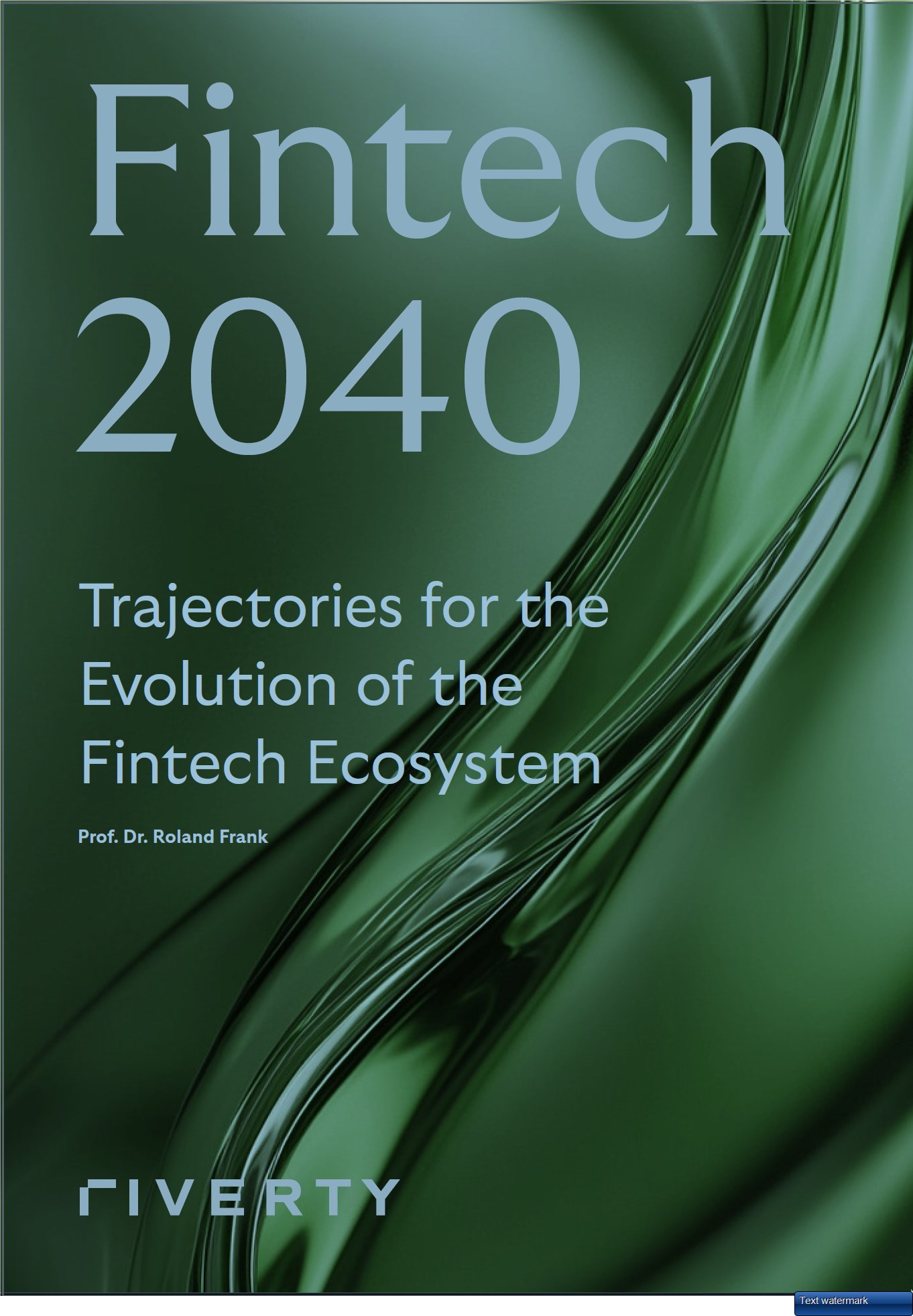From Fraud To Trust: A Better Approach to Digital Identity Verification
The dramatic shift to online shopping means retailers see their customers less than they ever have. Additionally, with daily data breaches and lax password security, account credentials are readily available for purchase.
This is a boon to fraudsters looking to pose as legitimate customers. So good in fact, that from 2019 to 2021, identity theft increased 81.8% globally. For too long, organizations have played defense and responded to suspicions of fraud reactively. It’s time to start establishing digital trust with customers early in the journey, just like retailers would do in the day when they knew their customers personally.
Identity is at the root of all fraud. Merchants that can safely trust their customers' identities will reap the benefits. First, they can greatly reduce the impact of fraud on the business. Second, they have more—and better—data for reducing customer friction, increasing loyalty and targeting sales or marketing efforts more effectively.
So how can merchants know for certain a customer is who they claim to be?
Traditional identity verification (IDV) solutions validate some customer attributes, but these are no longer enough to establish trust. To establish that an identity can truly be trusted, it’s imperative to take a more holistic look and verify the connections between that data and the person claiming to be a customer.
Professional fraudsters can try to impersonate legitimate customers, but they can’t create trusted identities. Even synthetic identities fail when exposed to this scrutiny.
This is why trusted identities offer a safer approach to IDV. By identifying trust, the company focuses less on behaviors and more on the individual making purchases.
Some content is hidden, to be able to see it login here Login















